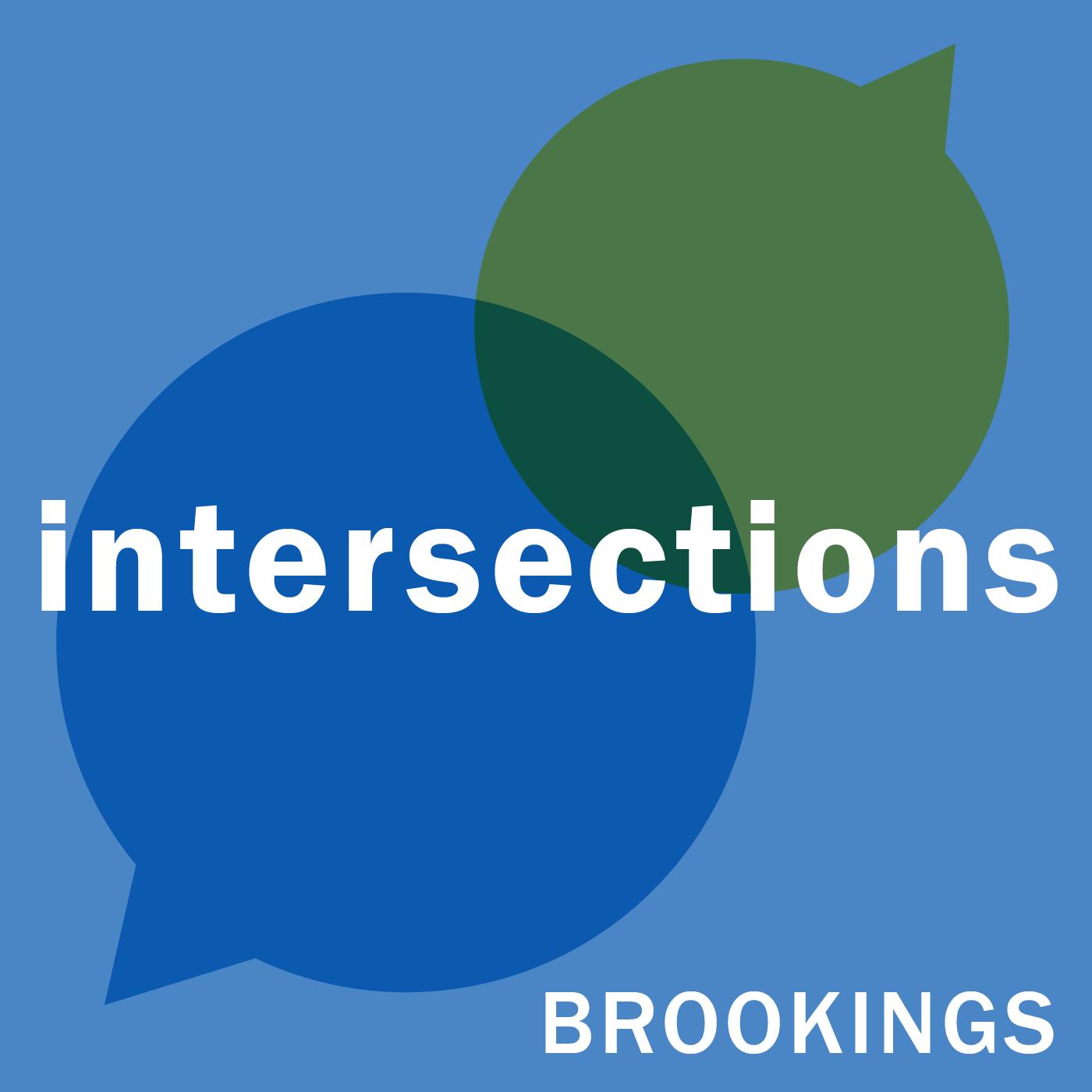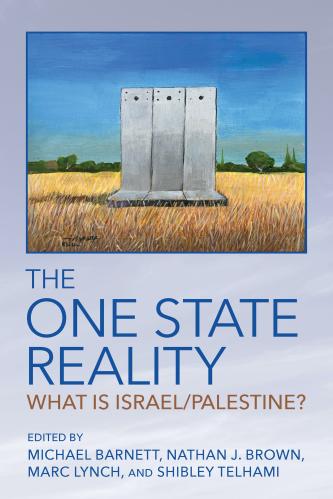In this episode of Intersections, Shibley Telhami, the Anwar Sadat chair for peace and development at the University of Maryland and nonresident senior fellow at Brookings, discusses with Sarah Yerkes the increasing polarization of American views toward Israel and Palestine and the future of U.S. policy in the broader Middle East.
Telhami lays out a stark assessment of the Obama administration’s legacy on the Israeli-Palestinian peace process: “[Obama’s] legacy on Israel/Palestine is not the good one that he’s going to be remembered for. If he does nothing at all, he’ll be remembered as the president who killed the two-state solution.. . .Eight years ago we said if [a peace deal] doesn’t happen on this president’s clock, it’s not going to happen at all. He came in believing it was important; he appointed a special envoy on his second day; and he failed miserably. He’s got nothing to show for it. Settlements have expanded on his clock; a lot more people don’t think anymore that a two state solution is possible, and that’s his legacy.”
And Yerkes examines the U.S. relationship with Egypt: “I think there will be a renewed and reset U.S.-Egypt relationship. For better or for worse, Sissi has really proactively reached out to Trump and Trump has showered him with praise. I think these are two peas in a pod who will work very well together, but that’s not necessarily to the benefit of Egyptians. Egypt passed their new NGO law which is far worse than the Mubarak-era law, they’ve seen this massive crackdown on civil rights, people tortured, thrown in jail, disappeared, and I think any sort of U.S. pressure on those issues is going to go away under the next administration, unfortunately.”
Show notes:
American attitudes on the Israeli-Palestinian conflict
Washington has just agreed to give Israel unprecedented aid. What do Americans think?
With Trump coming to the White House, what’s Obama’s exit calculus on the peace process?
Israel and Palestine in the shadow of the election: What do Americans want Obama and Trump to do?
Real security: The interdependence of governance and stability in the Arab world
With thanks to audio producer Gaston Reboredo, Vanessa Sauter, Basseem Maleki, Fred Dews, and Richard Fawal.
Subscribe to Brookings podcasts here or on iTunes, send feedback email to [email protected], and follow us and tweet us at @policypodcasts on Twitter.
Intersections is part of the Brookings Podcast Network.
The Brookings Institution is committed to quality, independence, and impact.
We are supported by a diverse array of funders. In line with our values and policies, each Brookings publication represents the sole views of its author(s).










Commentary
PodcastU.S. politics and the Middle East: Polarization and regional stability
December 21, 2016
Listen on
Intersections Podcast